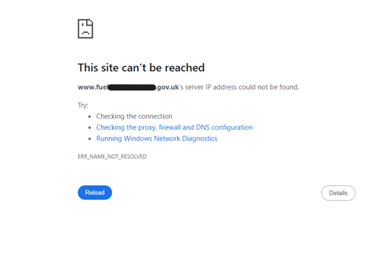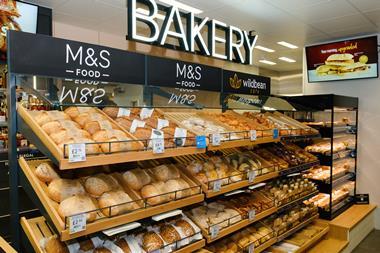The PRA has welcomed the Government’s decision to shelve proposals for standardised (plain) packaging for tobacco products.
PRA chairman Brian Madderson said: “Our members have been deeply concerned about the unintended consequences of this proposal, and we therefore welcome the Government’s decision to support business and focus its efforts on rebuilding the economy.
“While we wholeheartedly agree with the Government’s aim of reducing youth smoking rates, there is no credible evidence to show that plain packaging would achieve this result - but there is significant evidence that such a policy would negatively impact our economy and boost the illicit tobacco trade.
“We’re pleased to see the Government has come to the same conclusion as the previous Labour Government did. There is now political consensus that the policy of plain packaging should be based on evidence and nothing else.”
He said research carried out in Australia, the only country to implement plain packaging to date, plus recent reports in the UK, have shown how devastating the introduction of plain packaging could be for independent forecourt retailers and the UK economy:
* The Centre for Economic and Business Research (CEBR) estimates that plain packaging would cause a reduction in the gross earnings of small independent retailers from tobacco of £12m to £20m which, given the current state of the retail sector, could result in insolvencies and the loss of the equivalent of 2,000 - 3,500 full-time jobs in convenience retail. The same report also states the Treasury could lose up to £6bn in revenue and compensation from such a policy.
* The CEBR also predicts that a policy of plain packaging could increase the illicit tobacco trade by over 26% in cigarettes alone - an issue which the National Audit Office has recently said HM Revenue & Customs is already struggling to deal with - further taking revenue away from legitimate retailers.
* Three out of four retailers in Australia believe that plain packaging is having a negative impact on their business overall. As a direct result of this legislation they are experiencing additional burdens such as increased transaction times, incorrect orders, consumer complaints, out of stocks and stock control times.
Madderson pointed out the forecourt sector was already under intense pressure with 175 forecourts closing across the UK last year, and said 6,000 have closed since 1998.

































No comments yet